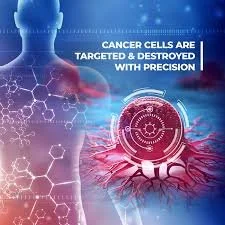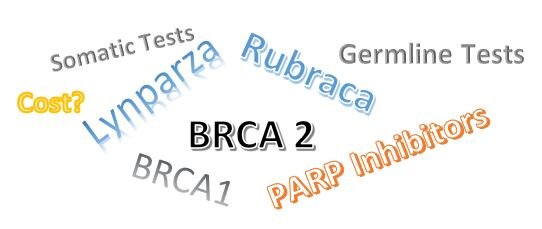Prostate cancer treatments have been targeting the androgen receptor for over 80 years, and the vast majority of our new treatments also continue to target the androgen receptor. Prostate cancer treatments have failed to include new classes of treatments when compared to other cancers.
Lower Doses of Zytiga with Food
A Dive Into the Data Showing African American Men Do Better Than Caucasian Men with Provenge And All Men Live Longer If They Receive Provenge When Their PSA Scores Are Low
African American men face many different health disparities with most of the disparities being weighed against them. There is one notable exception, African American (AA) men have a huge, significant overall survival benefit when given Sipuleucel-T (Provenge) equal to 9.5 months over their Caucasian counterparts!
About Advanced Prostate Cancer
Positive Data from the ChecMate 650 Immunotherapy Study
ARAMIS: Efficacy and Safety of Darolutamide in Nonmetastatic Castration-Resistant Prostate Cancer
At the recent ASCO GU conference, we learned the results from the ARAMUS phase III trial which evaluated Darolutamide, an androgen receptor (AR) antagonist (a drug that prevents androgens from affecting prostate and prostate cancer cells). The trial studied the efficacy and safety of darolutamide in men with nmCRPC men.
Hormone Therapies Benefit Black Men More Than White Men
Co-Pay Assistance for Advanced Prostate Cancer Drugs
Erleada - Soon for Castrate Sensitive Prostate Cancer?
ARV-110 On the Horizon
An Expanded Use of Xtandi in Canada
Update on the Combination Use of Zytiga and Xofigo
Palliative Care - Improving Quality of Life and Your Survival
Predicting Survival During Radium-223 (Xofigo) Treatment
Register To Receive Notifications of Programs To Help Your Co-Pay Burden
Time to PSA Recurrence Is A Surrogate Endpoint for Prostate Cancer Survival
In an analysis of the NRG Oncology clinical trial NRG-RTOG 9202 it was shown that the interval of time to biochemical reoccurrence (PSA only or BCR), or the time it takes for previously treated prostate cancer to return as indicated by a prostate-specific antigen (PSA) rise, could be used as a surrogate endpoint for survival for men with locally advanced prostate cancer.
POSITIVE RESULTS FROM PHASE 3 ARCHES TRIAL OF XTANDI® (ENZALUTAMIDE) IN MEN WITH METASTATIC HORMONE-SENSITIVE PROSTATE CANCER
It was announced today that the Phase 3 ARCHES trial which evaluated XTANDI (enzalutamide) along with androgen deprivation therapy (ADT) in men with metastatic hormone-sensitive prostate cancer (mHSPC) met its primary endpoint, significantly improving radiographic progression-free survival (rPFS) versus ADT alone.
Study Shows Denosumab Safe & Effective in Increasing Bone Density in Non-metastatic Prostate Cancer
Prostate cancer treatments, particularly hormone therapy (ADT) can have a significant effect on speeding up the process of thinning and weakening the bones. There are some available treatments (Zoledronic acid aka Zoladex and denosumab aka Xgeva) which are designed to slow down or reverse this process; however, they are known to have many adverse side effects themselves. These side effects can include severe fractures of the femur which could limit survival and cataracts. For this reason, these treatments are usually used later, when men become castrate resistant and metastatic.
Higher Gleason Score and ADT Efficacy
Treating Gleason 9–10 Prostate Cancer
According to Anthony V. D’Amico, MD, Ph.D., who is chief of the Division of Genitourinary Radiation Oncology and an institute physician at Dana-Farber Cancer Institute at Brigham and Women’s Hospital in Boston, “It makes logical sense that in these very aggressive prostate cancers, you need a multi-modality approach.”






